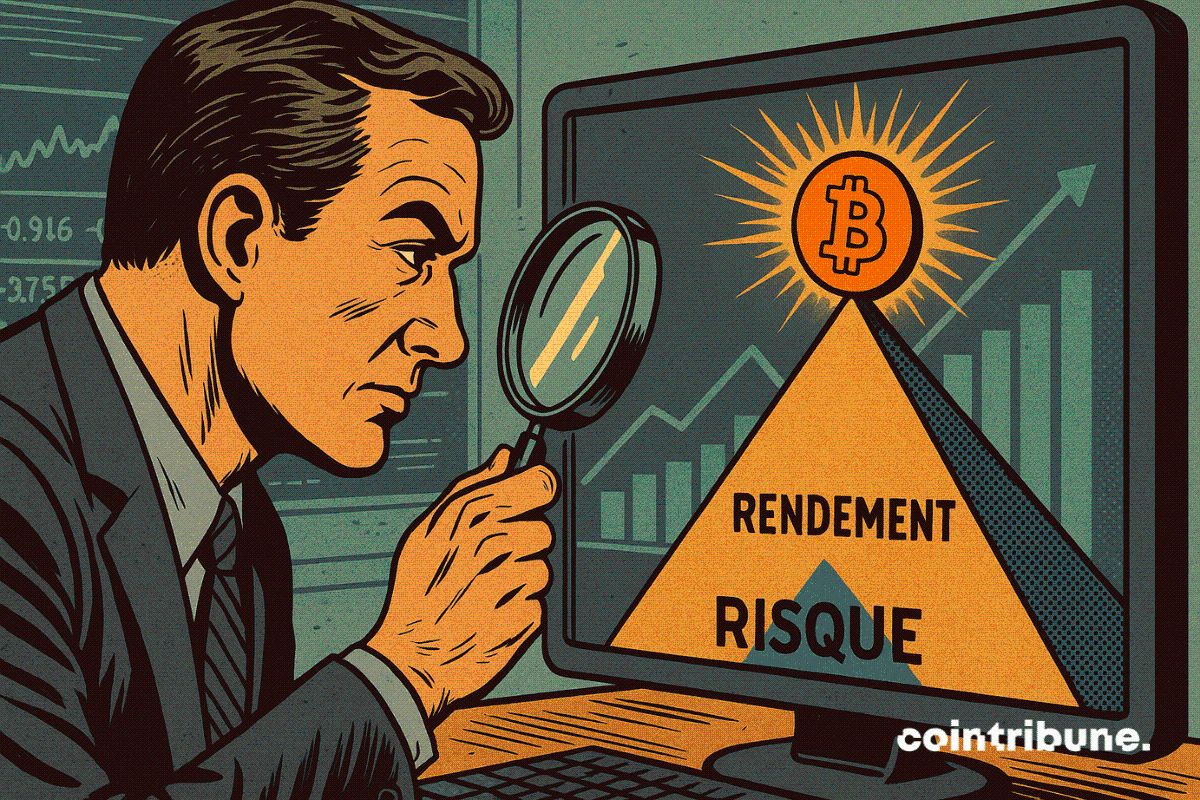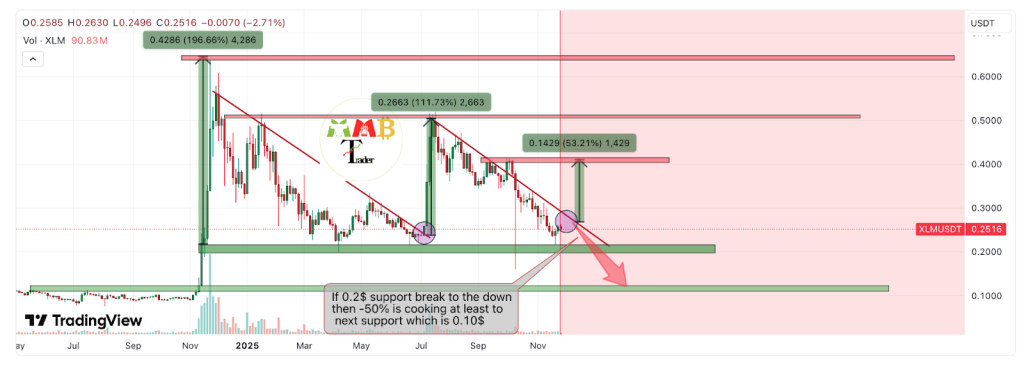Bitcoin's Growing Corporate Adoption: A New Era for Institutional Exposure
- AirNet Technology Inc.'s $90M Bitcoin purchase in August 2025 marked corporate adoption's tipping point, with 964,079 BTC ($115B) now held by institutions. - Japanese firms and global regulators normalize Bitcoin as macro hedge, with 59% of institutional portfolios including crypto by Q2 2025 via frameworks like MiCAR. - Bitcoin's finite supply and reduced volatility post-ETF approval position it as strategic reserve asset, with top 100 holders controlling 3% of total supply. - Institutional infrastructu
The corporate world’s embrace of Bitcoin has reached a tipping point. As of August 2025, public and private entities collectively hold over 964,079 BTC—valued at $115 billion—marking a seismic shift in institutional asset allocation [1]. This trend is no longer confined to tech or finance firms; Japanese fashion retailers, Canadian miners, and U.S. fintechs are now treating Bitcoin as a core macroeconomic hedge. At the heart of this transformation is AirNet Technology Inc.’s $90 million Bitcoin purchase in August 2025, a move that crystallized the growing legitimacy of digital assets as corporate treasuries.
AirNet’s Strategic Pivot: A Case Study in Institutional Confidence
AirNet’s decision to raise $180 million in a registered direct offering—receiving 819.07 BTC and 19,928.91 ETH—represents more than a financial transaction. It is a strategic repositioning into the digital asset ecosystem, with CEO Dan Shao declaring the move “a pivotal new beginning” for the company [2]. By accepting payment in Bitcoin and Ethereum , AirNet bypassed traditional IPO routes and directly integrated crypto into its treasury, signaling a broader trend of firms leveraging blockchain infrastructure for liquidity and shareholder value [3].
This case study underscores Bitcoin’s dual role as both a speculative asset and a macroeconomic tool. For AirNet, Bitcoin serves as a hedge against fiat volatility and a store of value in an era of regulatory uncertainty. The company’s engagement of cryptocurrency experts to guide its strategy further highlights the maturation of institutional-grade crypto infrastructure [4].
Broader Trends: From Niche to Mainstream
AirNet’s move is part of a larger wave of corporate adoption. Japanese firms like Metaplanet Inc. and Anap Holdings Inc. are using Bitcoin to counteract yen depreciation and low-yield environments [5]. Meanwhile, U.S. and European regulators have normalized crypto investments through frameworks like the GENIUS Act and MiCAR, enabling 59% of institutional portfolios to include Bitcoin and real-world assets (RWAs) by Q2 2025 [6].
The approval of spot Bitcoin ETFs in 2024 and the subsequent surge in crypto infrastructure IPOs have further legitimized the asset class. For example, Empery Digital’s $500 million Bitcoin allocation via Gemini—a regulated custodian—demonstrates the growing trust in institutional-grade crypto solutions [6]. These developments have reduced Bitcoin’s volatility relative to its pre-ETF era, making it a viable addition to diversified portfolios.
Bitcoin as a Core Macro Hedge
The macroeconomic rationale for Bitcoin’s adoption is compelling. With central banks maintaining accommodative policies and global debt levels at record highs, Bitcoin’s finite supply (21 million units) positions it as a counterbalance to inflationary pressures. Japanese firms, in particular, view Bitcoin as a hedge against prolonged deflation and currency weakness [5]. Similarly, U.S. companies like Strategy (holder of 628,791 BTC) are leveraging Bitcoin to diversify away from traditional assets [1].
The data from BitcoinTreasuries.NET reveals a clear pattern: institutional investors are treating Bitcoin as a strategic reserve asset. The top 100 public holders now control over 3% of the total Bitcoin supply, with weekly additions averaging 1,000+ BTC since March 2025 [1]. This level of institutional participation suggests Bitcoin is no longer a speculative fad but a foundational component of modern portfolio theory.
Risks and the Road Ahead
While the institutional shift is undeniable, challenges remain. Regulatory scrutiny, accounting complexities, and price volatility could deter smaller firms. However, the growing number of regulated custodians and the normalization of crypto in corporate treasuries indicate these hurdles are being addressed.
For investors, the implications are clear: Bitcoin’s integration into institutional portfolios is accelerating. As more companies follow AirNet’s lead, the asset’s liquidity and price stability will likely improve, reinforcing its role as a macro hedge. The next phase of adoption—potentially driven by central bank digital currencies (CBDCs) and cross-border payment innovations—could further cement Bitcoin’s place in the global financial system.
Source:
[1] Bitcoin Balance Sheet #009
[2] AirNet Technology Inc. Completes US$180.0 Million Registered Direct Offering
[3] AirNet Raises $180 Mln In Bitcoin And Ethereum To Drive Digital Asset Transformation
[4] AirNet Technology (Nasdaq: ANTE) has completed a significant US$180.0 million registered direct offering
[5] Bitcoin's golden moment? 3 things to watch for cryptos in...
[6] Bitcoin's Historical Halving Patterns Suggest Mid-2025 Peak [https://www.bitget.com/news/detail/12560604200628]
Disclaimer: The content of this article solely reflects the author's opinion and does not represent the platform in any capacity. This article is not intended to serve as a reference for making investment decisions.
You may also like
Do Kwon Wants Lighter Sentence After Admitting Guilt

Bitwise Expert Sees Best Risk-Reward Since COVID

Stellar (XLM) Price Prediction: Can Bulls Push Toward $0.30 in December?

21Shares XRP ETF Set to Launch on 1 December as ETF Demand Surges